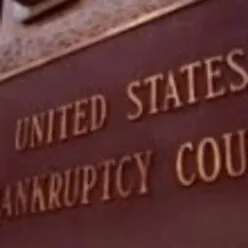If you are considering filing bankruptcy in Colorado, you should contact an attorney as soon as possible. An attorney can help you make the best decision for your situation and protect your rights.
Where can Bankruptcy Be Filed in Colorado
People can file bankruptcy petitions in Colorado at the following locations:
- United States Bankruptcy Court for the District of Colorado
- 1900 Stout Street
- Denver, CO 80202
- Phone: (303) 844-5120
Can Colorado Residents file Bankruptcy Petition Electronically?
You can also file bankruptcy petitions online through the United States Bankruptcy Court’s website. To file online, you will need to create an account and submit the required forms.
What is the benefit of hiring a Bankruptcy Attorney to File Petition for you?
If you are unable to file bankruptcy on your own, you may want to consider hiring an attorney. An attorney can help you understand the bankruptcy process and prepare the necessary paperwork.
Here are some of the benefits of hiring an attorney to file bankruptcy:
- An attorney can help you understand your rights and options under the law.
- An attorney can help you file the necessary paperwork correctly.
- An attorney can represent you in court if necessary.
The following property exemptions are available in Colorado for bankruptcy:
- Homestead exemption: Up to $75,000 of equity in your home. This amount increases to $105,000 if you are 60 years old or older or disabled.
- Personal property exemption: Up to $10,000 of equity in your personal property, including furniture, appliances, clothing, and jewelry.
- Tools of the trade exemption: Up to $20,000 of equity in tools and equipment used in your trade or business.
- Retirement accounts exemption: Up to $1 million of equity in retirement accounts, such as IRAs and 401(k)s.
- Life insurance exemption: Up to $100,000 of death benefits from life insurance policies.
- Public benefits exemption: Up to $10,000 of benefits received from government programs, such as Social Security and unemployment benefits.
You can choose to exempt any or all of these assets from your bankruptcy. If you do not choose to exempt an asset, it may be sold by the bankruptcy trustee to pay your creditors.
It is important to note that these are just the general property exemptions available in Colorado. There may be other exemptions available to you depending on your specific circumstances. You should consult with an attorney to discuss your specific situation and determine which exemptions are available to you.

